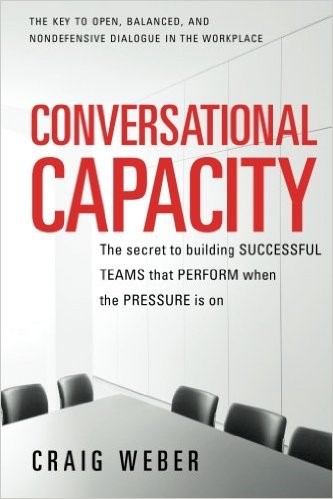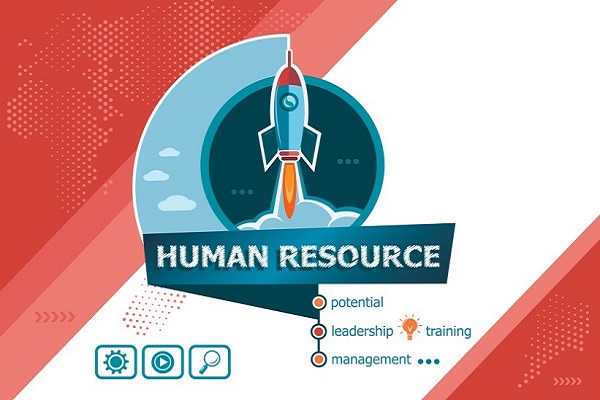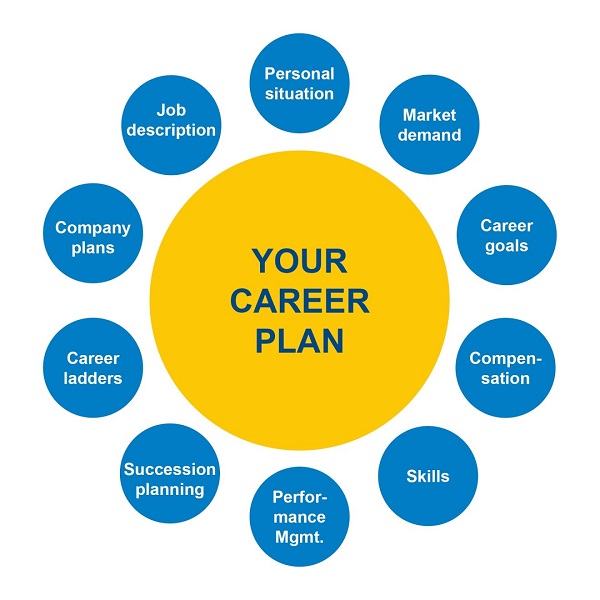Getting the Blockages Out of the Way of Great HR
For years I have been preaching the opportunity in Great HR. When I do my CEO workshops, I show the financial logic behind the opportunity. I have business owners understand that every HR problem becomes a sales problem. And yet HR still has difficulty getting traction.
In this article, I will talk about where the real opportunity lies… and that is getting the blockages out of the way. I have heard executive after executive tell me how to have a difficulty finding talent, and then I go to their website, and there’s not a word about finding talent. When we talk about performance management many business owners will agree with me that the one to five rating approach doesn’t seem to improve performance and, yet they are unwilling to experiment to find a way that does. So, let’s talk about some blockages and slay those beasts so we can actualize the HR opportunity.
Overwhelm
It seems as if most every executive I speak to is on overwhelm. From the CEO on down. And that includes HR. This overwhelm is a symptom of poor time management. It’s a symptom of not defining and focusing on what is truly important. Here are a few ideas to battle the time/overwhelm obstacle:
- Stop spending any time doing low-value work. This is true whether you are the CEO or the HR executive. Outsource it, delegate it or eliminate it.
- Know where your time goes. Peter Drucker advised us in The Effective Executive to track your time and not assume where it goes. I find that once executives do they are amazed by how much of their time is spent on lower value work.
- Draw a line for total hours worked and don’t work past it. As Parkinson’s Rule states “People get things done in a time allotted for it.” . Give yourself less time to get things done. You’ll work with greater urgency and focus as a result.
- Stick it on a calendar. You must calendar working on strategic objectives. It is just as important to work on the business, as it is in the business.
- Understand that overwhelm is neither healthy, productive, nor job security.
Money, money, money
Having spoken to more than 400 CEO groups, I have a good sense of how business owners think about money. Plus, I too ran a business. And the bottom line is this: CEO’s are up for spending money anytime it produces a return on investment. Here’s a link to my HR Cost Calculator. It helps to find the financial opportunity in Great HR. For example, if the company bemoans its ability to find talent and therefore rushes to hire, how much did the last bad hire cost you? When we act out of desperation instead of out of a process, we produce very expensive variances. These variances are a negative ROI on our activities.
The fight between saving money and making money is very emotional. I encourage HR to connect the dots and help executives understand that all poor HR decisions eventually become a sales problem. That poor hire that might have cost $50,000 out of pocket is the equivalent of at least $250,000 in replacement revenue. I find that when executives connect the dots between costs and their revenue equivalents, they will spend time… and money trying to eliminate that waste.
Top Level Executives Who Could Care Less About HR
Vistage, the CEO organization that I speak for, has some 900 speakers in its system. The vast majority focus on marketing and sales- the number one concern of most CEOs. Every year or two they’ll have a speaker like me to come in and talk about HR practices. If you are at a company where leadership could care less about HR (and there are plenty of those companies out there), then find a company where leadership is open to the GreatHR opportunity….and get that blockage out of the way!
Bad HR
Last, it’s a fact that half of all HR executives are more motivated to make a difference at their companies than the other half. Unmotivated HR is Bad HR and has disastrous impacts on the bottom line. Bad HR focuses on excuses as opposed to execution.
- Great HR takes the time to understand the company’s strategic initiatives. Bad HR does not.
- Great HR has a strategic plan. Bad HR does not.
- Great HR understands the math and data of their operations. Bad HR does not.
- Great HR coordinates with their fellow executives to understand how they better support their needs. Bad HR does not.
- Great HR stays on top of their game. They watch webinars, go to workshops and they network with other Great HR executives. Bad HR does not.
- Bottom-line is Bad HR is disastrous for any organization.
Bad HR is a blockage to the Great HR opportunity. If your HR person doesn’t want to kick ass in HR…find someone who does!
Conclusion
HR continues to get a bad rap, although it professes a desire to be “strategic.” Yes, there are real blockages…and there are also far too many excuses which allow those blockages to hinder doing Great HR.
PS if you are in HR and have not watched my video The Truth About HR….and You, now would be a good time to do so!





